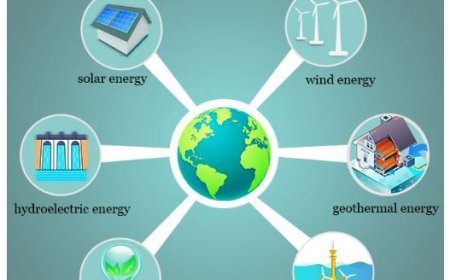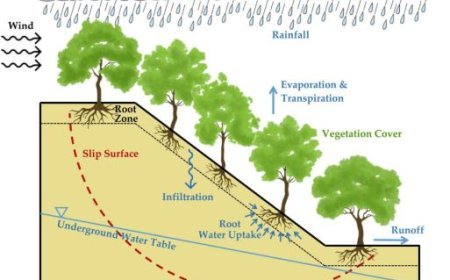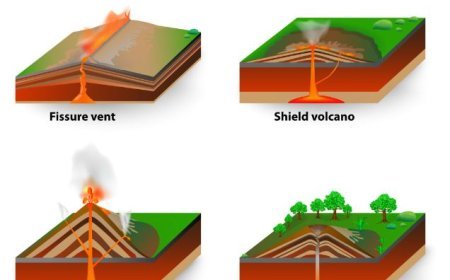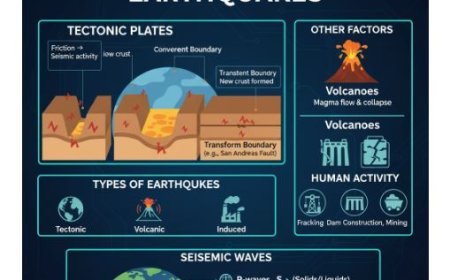DECCAN TRAPS
Explore the Deccan Traps, one of the largest volcanic provinces on Earth, covering western and central India. Learn about its significance in understanding India's geological history.
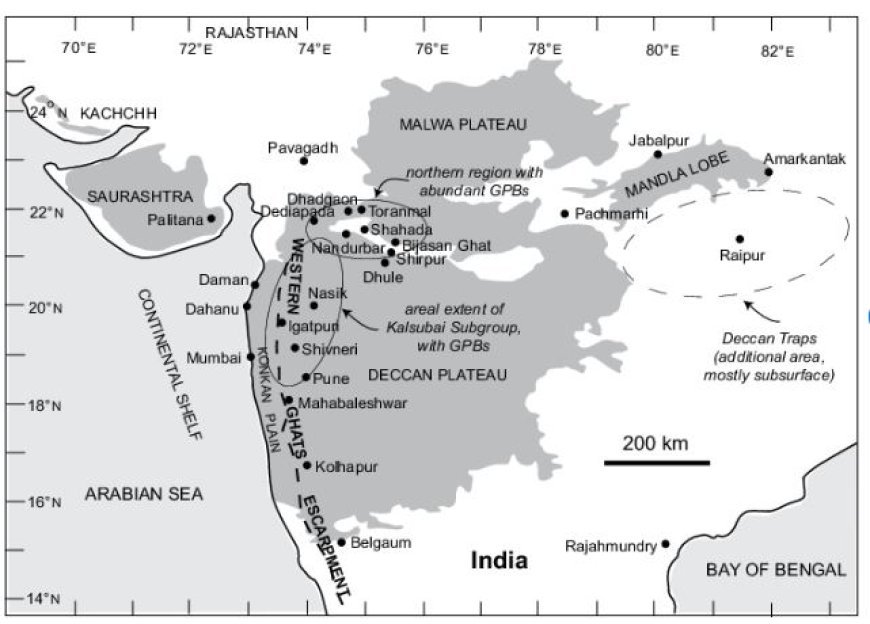
Deccan Traps
- The Deccan Traps are a vast volcanic province located on India's Deccan Plateau.
- They are renowned for their enormous basalt formations and rich geological history.
1. The Deccan Traps are one of the world's biggest volcanic provinces, covering around 500,000 square kilometres, predominantly in Maharashtra, India.
2. Formation of Deccan Traps
- The Deccan Traps developed roughly 66 million years ago from volcanic explosions.
- Flood basalts are the result of volcanic eruptions that formed layers of basalt. This is where lava flows across wide regions before cooling and hardening on contact with the surface.
3. Geological features
- The Deccan Traps are layered with hardened lava from many volcanic eruptions.
- The thickness of volcanic strata can reach 2,000 meters in some areas, indicating the intensity and length of volcanic activity.
4. Chemical composition
- The Deccan Traps are mostly composed of basalt rock, which contains high levels of iron and magnesium.
- Common minerals found in basalt are olivine, pyroxene, and plagioclase feldspar.
5. Ecological Significance
- The Deccan Traps' rough topography supports a rich range of vegetation and wildlife.
- The region's distinctive geological features contribute to its well-known river systems.
6. Impact on temperature
- The Deccan Trap eruptions are thought to have caused substantial temperature and environmental changes throughout the late Cretaceous epoch.
- Volcanic activity may have contributed to the dinosaur extinction, according to certain scientists.
7. Cultural Importance
- The Deccan area is historically significant due to its ancient civilisations and rich culture.
- The area's distinctive basalt formations are showcased in many cities and historical locations, serving as both building and artistic materials.
8. Economic Relevance
- Mining activities: The Deccan Traps' abundant natural resources led to the extraction of materials such as basalt for building.
- Tourism: The stunning landscapes and distinctive geological formations attract visitors, helping the local economy.
What's Your Reaction?









